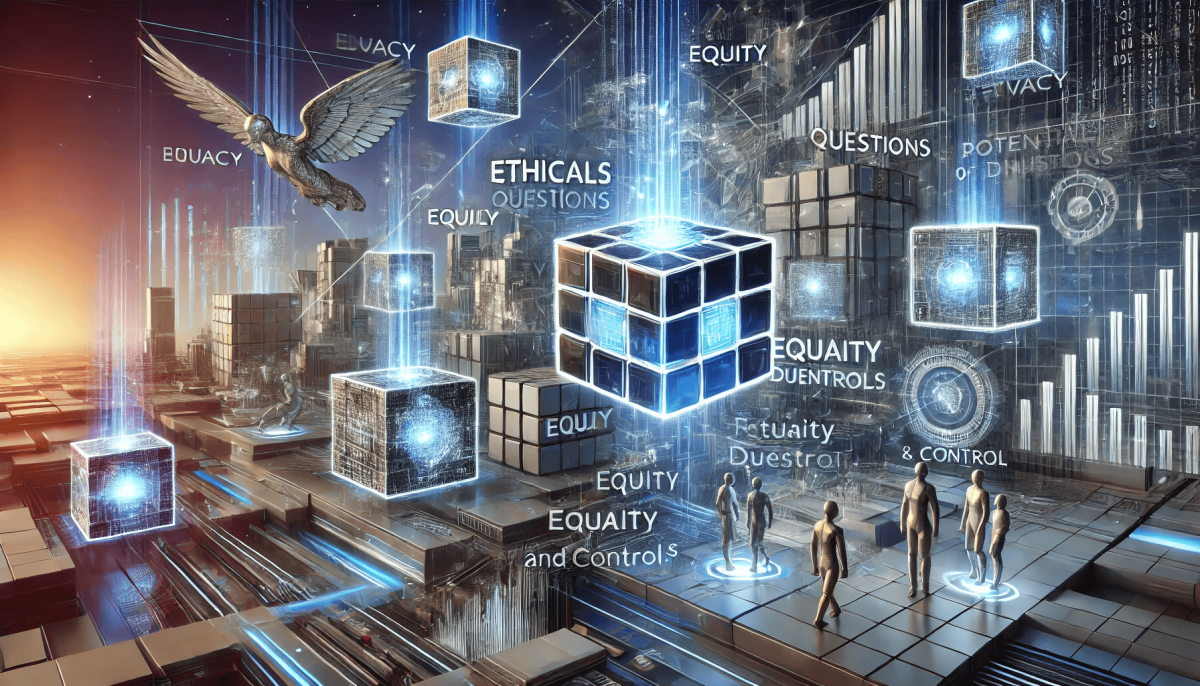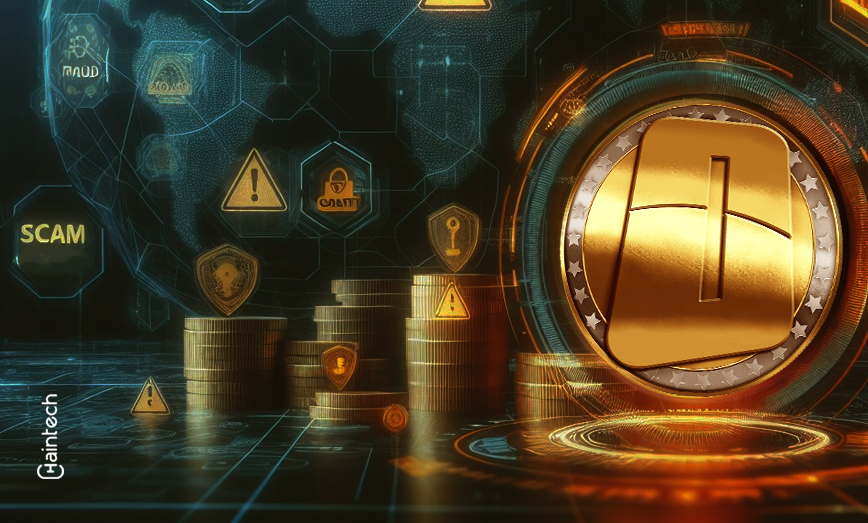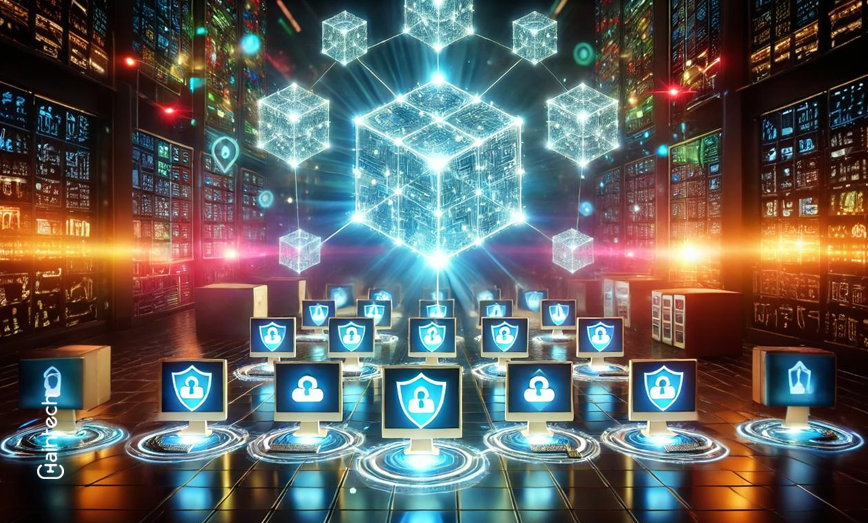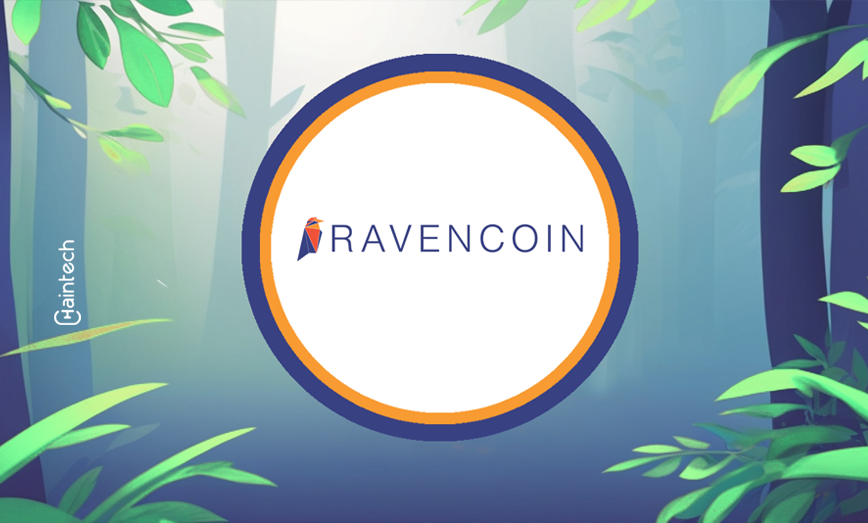The Ethical Implications of Blockchain Technology

Blockchain technology is changing the way we think about data and transactions. It is known for being transparent, secure, and decentralized. Blockchain’s potential to solve problems and bring new challenges. Can it protect privacy while being transparent? Is its environmental impact sustainable? These are large questions that need to be addressed. Blockchain is not just a concept used for cryptocurrencies. It is being applied in health care, finance, and supply chains. The good and bad ethical implications are changing industries.
Let’s dig deeper into what blockchain means for society and how it affects trust, privacy, and inclusivity.
Blockchain ethics: Balancing trust, sustainability, and accessibility
- Transparency increases trust but also raises privacy issues.
- Energy consumption is high, pushing for greener solutions.
- Accessibility is limited, requiring education and inclusivity efforts.
What are the ethical implications of blockchain technology?
The ethical implications of blockchain technology are a mix of opportunities and challenges. Blockchain promotes trust and transparency, making systems more secure. However, it raises questions about energy use, privacy, and who gets to use it.
Blockchain’s openness helps fight corruption and fraud. However, its high energy consumption and potential misuse of data show that it’s not perfect. Understanding these issues is key to using blockchain responsibly.
What is blockchain technology, and why does it matter?
A Blockchain is like an e-late, in which each computer has copies in a network. Information spread on various computers makes its data unerasable to steal and manipulate easily.
Since blockchain consists of linking transactions or chains, they will follow in order.
Industry requirement trust; such industries in a blockchain include financial service organizations and health-related establishments.
But here lies the critical question: should transparency lead to losses in confidentiality?
Interesting Fact
Bitcoin mining alone consumes more electricity annually than some entire countries, highlighting blockchain’s significant environmental impact.
How blockchain helps solve ethical challenges
Blockchain is not merely a technological advancement; it is transformational and can solve ethical dilemmas. Here’s how it makes a difference.
Transparency builds trust
Blockchain makes processes more open. For example, charities can use it to show donors exactly how funds are spent. This builds trust and encourages more contributions.
Protecting personal data
We live in an era when data compromise news is not shocking anymore. Blockchain provides people with authority over their personal information. You will determine who is able to view this information and for how long.
Including more people
There are millions who cannot open real bank accounts, and billions around the world do not have bank accounts; blockchain makes technical inroads for these unbanked entities.
Real-world impacts
- Farmers use blockchain to track produce origins and ensure fair trade.
- Refugees can secure legal identities through blockchain-based systems.
- Decentralized finance (DeFi) allows the transaction to take place without involving financial institutions.
Blockchain technology can resolve these particular issues, citing a positive outlook.
Ethical concerns: the challenges blockchain must address
While blockchain offers solutions, it also creates ethical concerns. These challenges need immediate attention.
Environmental impact
On the other hand, an issue that seems imperative to address is the energy expenditure linked with blockchains. Bitcoin and many other cryptocurrencies require an inordinate amount of power that is not viable, which raises questions concerning the technology’s green credentials.
For instance, some experts claim that only one Bitcoin mining process consumes more energy than some entire countries. This puts pressure on developers to create greener solutions.
Privacy risks
The fact that the Blockchain is open is both advantageous and disadvantageous. While it prevents fraud, it also exposes sensitive transaction details. What happens when this openness compromises individual privacy?
Imagine a reality where all forms of financial transactions are open to the public. This is one scenario in some blockchain systems.
Accessibility and inclusivity
Many people remain offline or lack the technological ability to use blockchain, so it is not meant for everyone at the moment. This creates a divide between those who benefit and those left out.
Case studies: blockchain’s ethical dilemmas in real life
Let’s take a look at some of the implemented case studies of blockchain and its ethical challenges.
| Use Case | Benefit | Ethical Concern |
| Charity Donations | Transparent tracking of funds | Risk of exposing donor information |
| Supply chain tracking | Ensures sustainability and fair trade | Excludes smaller players without resources |
| Blockchain voting systems | Secure and tamper-proof elections | Threats to voter privacy |
| Healthcare records | Secure storage of sensitive data | Potential misuse of health information |
| Cryptocurrency for unbanked | Financial inclusion for underserved | Lack of regulation could lead to fraud |
These examples highlight the dual nature of blockchain. It solves problems but also creates new ones.
How we can make blockchain ethical
Making blockchain ethical requires action from developers, governments, and users. Here are some ways we can ensure blockchain benefits everyone.
Use greener technology
Developers need to focus on energy-efficient systems. Proof-of-stake mechanisms, which use less energy than traditional methods, are a step in the right direction.
Protect privacy
Blockchain projects must prioritize user privacy. Encryption tools and privacy-focused blockchains, like Zcash, are paving the way.
Promote accessibility
Making blockchain inclusive is crucial. Educational programs and affordable tools can help bridge the gap.
Enforce regulations
Governments and organizations need clear rules to guide blockchain’s ethical use. Ethical standards can help ensure fairness and transparency.
Practical tips for ethical blockchain use
Here’s how you can use blockchain responsibly:
- Choose platforms that prioritize sustainability.
- Opt for privacy-focused tools to protect your data.
- Educate yourself about blockchain before using or investing in it.
- Support companies that follow ethical practices.
- Advocate for stronger regulations to keep blockchain fair.
These steps can help you navigate the blockchain world ethically and effectively.
Did You Know?
Estonia uses blockchain to secure its citizens’ health records, making it one of the most digitally advanced nations in the world!
How blockchain fosters accountability in global supply chains
Blockchain’s collaborative model ensures that no one person or entity can abuse the system to their advantage. In so doing, it helps to solve history’s most complex issues of accountability – once stated by Dan Tully regarding the organization’s upcoming strategy of innovation in a supply chain management system.
Like everything else, the entire history of the activities related to supply/demand is recorded on the blockchain. A coffee company can literally follow every single bean throughout its existence- from a farm to a shop.
The support of blockchain guarantees that every single transaction, which is the transfer of ownership of an asset, is recorded. Such measures are perfect and reliable, as all the information is stored and subsequently cannot be tampered with. The transparency of the information also ensures that all parties are answerable in relation to the information provided and, therefore, lowers the risk of collusion and other malpractice, such as general misinformation.
A study involving the econometric modeling of international supply chains suggests that as blockchain becomes increasingly mainstream, so too will its capabilities to make international supply chains more risk-sensitive. It’s not cognition, just goods in motion; it’s simply believable that every supply chain will be based on trustworthy relationships among the companies.
Balancing innovation and responsibility.
As with everything else, blockchain fundamentally changes data and finances for this massive global population. The potential is utopian, as everything becomes transparent and secure—what a fantasy! But then again, there are significant ethical considerations, such as privacy issues, energy consumption, and inclusivity, that should not be overlooked.
The choices made today will have a long-lasting impact on the future of blockchain. By taking care to center on equity, sustainability and access We can maximize the potential it has to offer. We have to start striking a balance between creation and ethics.
Are you prepared to dive into blockchain with accountability? Let us work together towards a more equitable and ethical tomorrow.
FAQs
1. What is the principal ethical concern when using blockchain?
Its key issues are the environmental impacts of privacy, energy consumption, and accessibility.
2. Can blockchain improve trust in systems?
Yes, its transparency ensures transactions are secure and verifiable.
3. What are some of the negative effects of blockchain on the ecosystem?
Platforms such as Bitcoin have the most appetite for energy among the different blockchain systems. It is evident, therefore, that this would have dire effects on the environment.
4. Is blockchain accessible to everyone?
Not yet, but efforts are being made to bridge the digital divide.
5. How can blockchain protect privacy?
Privacy-focused platforms and encryption tools can safeguard user data.









